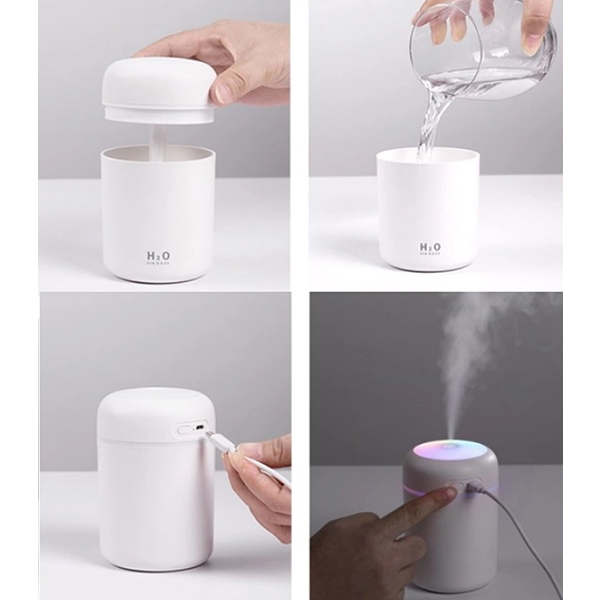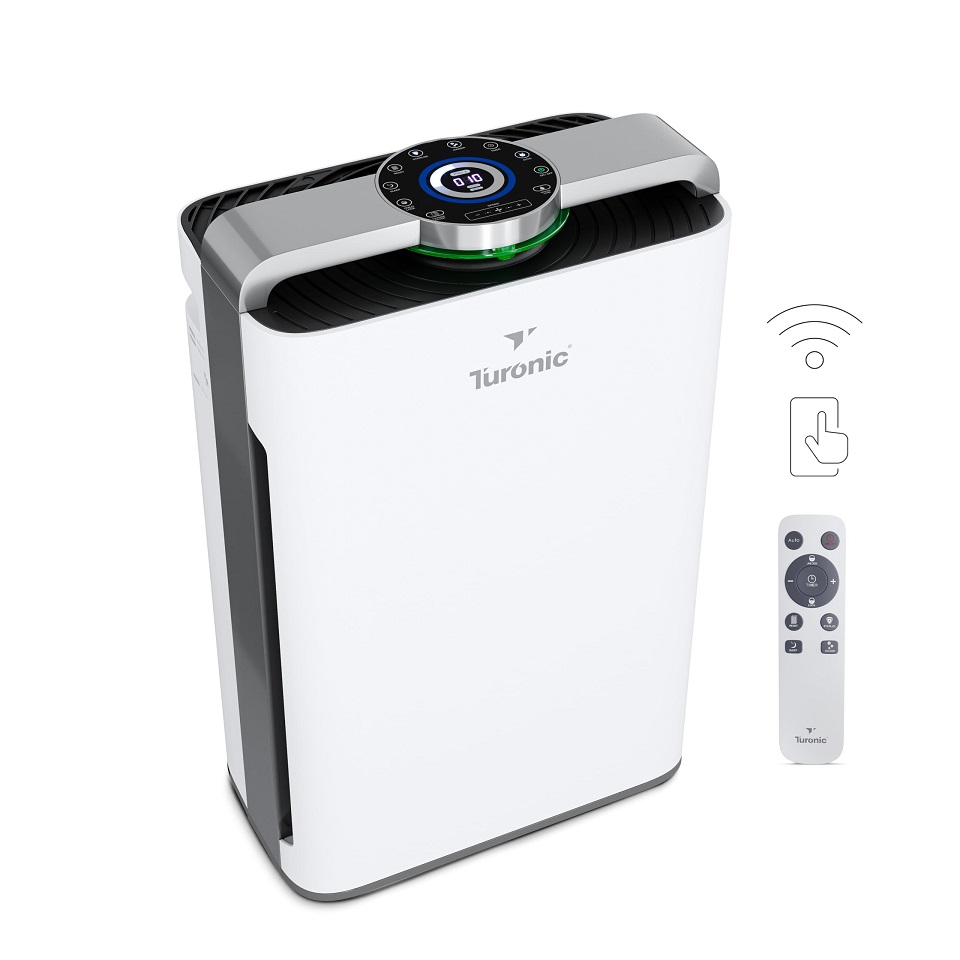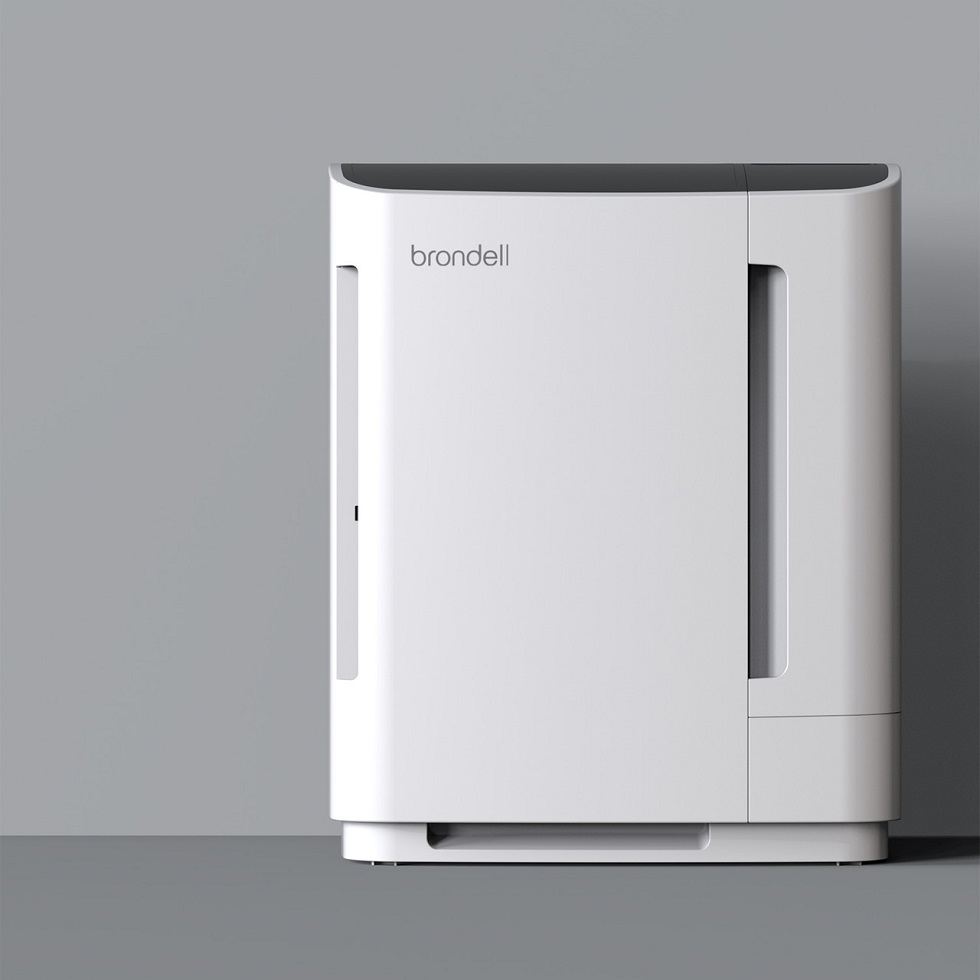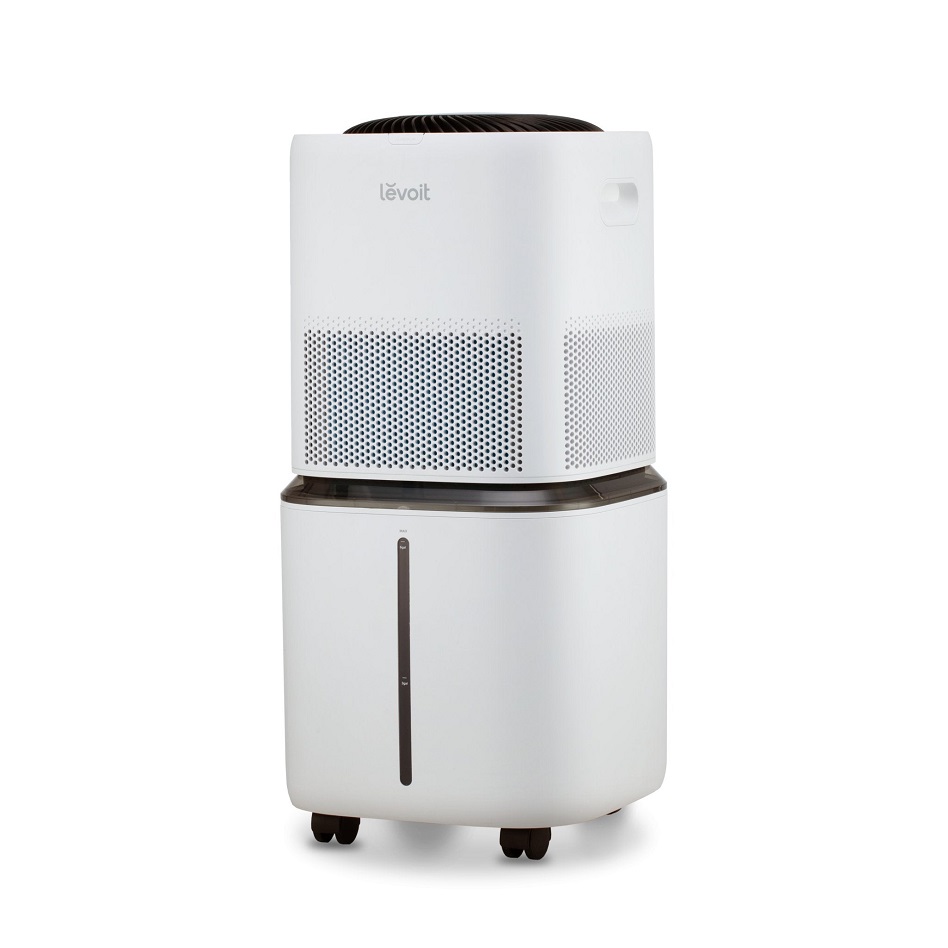When it comes to maintaining a healthy indoor environment, two appliances often come to mind: air purifiers and humidifiers. While they both enhance air quality, they serve different purposes. Understanding the distinctions between these two devices is key to making an informed decision about which one to invest in. Let’s explore what each device does, how they work, and when to use them.

What is an Air Purifier?
Definition and Functionality
An air purifier is a device designed to filter and clean the air in a room or an entire house. It removes pollutants, allergens, and dust particles, making the atmosphere healthier. Air purifiers use various technologies, such as HEPA filters, activated carbon, or ionizers, to trap or neutralize harmful substances.
HEPA filters are particularly effective. They can capture 99.97% of particles as small as 0.3 microns. This includes pollen, pet dander, and even some bacteria and viruses. Activated carbon filters absorb odors, smoke, and volatile organic compounds (VOCs). An ionizer releases negatively charged ions, which attach to positively charged particles, causing them to clump together and fall to the ground.
Benefits of Using an Air Purifier
The benefits of air purifiers are numerous. First, they can significantly improve indoor air quality. For individuals with allergies or asthma, breathing clean air is crucial. Air purifiers can help reduce the frequency of allergy attacks and asthmatic episodes.
Moreover, air purifiers eliminate unpleasant odors. Cooking smells, pet odors, and smoke can linger in the air. Using an air purifier helps to neutralize these odors, making your home more inviting. Additionally, a good air purifier can even help reduce the transmission of airborne diseases by filtering pathogens from the air.
Ideal Situations for Use
Air purifiers are especially beneficial in urban areas. City living often comes with higher levels of pollution. Smoke from vehicles and industrial sources can infiltrate your home. Thus, an air purifier can create a more breathable indoor environment.
They are also significant in homes with pets. Pet dander can be a major allergen. An air purifier can capture this dander before it becomes a problem. Moreover, if you smoke indoors, an air purifier can assist in controlling the unpleasant smells and harmful chemical particles released into the air.
What is a Humidifier?
Definition and Functionality
A humidifier, on the other hand, adds moisture to the air. This is essential in dry climates or during winter when heating systems can strip away humidity. Humidifiers work by releasing water vapor, which increases the humidity level in a particular room or area.
There are various types of humidifiers. Evaporative humidifiers use a wick filter to absorb water, then use a fan to distribute moisture into the air. Steam vaporizers boil water and release steam, while ultrasonic humidifiers use high-frequency vibrations to create a fine mist. Each type has its own set of advantages and disadvantages.
Benefits of Using a Humidifier
Using a humidifier has several advantages. One of the most significant is its ability to relieve symptoms of dry skin and irritated sinuses. When the air is too dry, it can lead to discomfort, especially during winter months. A humidifier adds moisture to the air, alleviating such discomfort.
Humidifiers can also help improve sleep quality. Dry air can lead to a dry throat, making it hard to sleep soundly. Increasing the humidity level in your bedroom can provide a more comfortable sleeping environment. Additionally, humidifiers are known to help with certain respiratory issues. They can ease symptoms of colds, allergies, and asthma.
Ideal Situations for Use
Humidifiers are most beneficial in dry climates. If you live in an area where the humidity levels frequently drop, a humidifier can help maintain a comfortable environment. In the winter, when heating systems dry out the air, using a humidifier can be particularly helpful.
Families with infants or young children may also find humidifiers useful. Keeping the air moist can reduce the risk of respiratory illnesses. It can also ease teething discomfort in infants, who often experience dry mouths at night.
Key Differences Between Air Purifiers and Humidifiers
Purpose and Functionality
The primary difference between air purifiers and humidifiers lies in their purpose. Air purifiers focus on cleaning the air, removing pollutants, allergens, and bacteria. Their main goal is to enhance air quality. Conversely, humidifiers aim to add moisture to the air. Their purpose is to maintain or increase humidity levels.
Operation Mechanisms
Another significant difference is how they operate. Air purifiers work by filtering air through a series of barriers designed to capture harmful particles. This means that their effectiveness relies heavily on the type of filtration system they use. In contrast, humidifiers operate by releasing water vapor or mist into the air. They generally do not remove particles or pollutants but rather modify the air’s moisture content.
Maintenance and Care
Maintenance is also an important consideration. Air purifiers often require the replacement of filters. HEPA filters need to be replaced periodically, depending on usage and the manufacturer’s recommendations. Some models have washable filters, while others do not.
Humidifiers require different care. They need regular cleaning to prevent bacteria and mold growth in the water tank. This is essential to ensure that the humidifier does not release harmful particles into the air. While both devices need some level of maintenance, the tasks involved differ.
When to Use an Air Purifier
Allergies and Asthma
If you or anyone in your family suffers from allergies or asthma, an air purifier can be a great investment. With the ability to filter out allergens like pollen and dust mites, an air purifier makes breathing easier. This is especially true during certain seasons when pollen counts are high.
Urban Living
For those living in urban environments, air quality can be less than ideal. Smog and pollutants from vehicles can infiltrate homes. An air purifier helps mitigate these issues. It can provide a safe breathing space amid urban chaos.
Situations with Pets
Homes with pets can benefit greatly from air purifiers. Pet dander is a common allergen and can cause discomfort for many individuals. An air purifier can capture dander, hair, and odors associated with pets, creating a more comfortable living environment.
When to Use a Humidifier
Dry Climates
If you live in a region where humidity levels are consistently low, a humidifier is beneficial. It will add moisture to the air, making your home more comfortable. This can positively affect your skin and respiratory health.
Winter Months
During colder months, heating systems often dry out indoor air. This can lead to discomfort, such as dry skin and nosebleeds. A humidifier can counteract these effects by adding moisture to the air and creating a more pleasant indoor atmosphere.
Health Benefits
If you or your family members frequently suffer from colds or respiratory issues, a humidifier may help. By adding moisture to the air, it can soothe irritations in the throat and nasal passages. This creates a more comfortable and healing environment.
The Best of Both Worlds
Combined Usage
Many households can benefit from both devices. An air purifier cleans the air, while a humidifier maintains moisture levels. Combining both can create a healthier indoor environment.
Seasonal Considerations
During certain seasons, you may want to use one device more than the other. For instance, in spring and summer, air purifiers can help combat allergens. In contrast, a humidifier may be more necessary in winter when the air is dryer.
Finding Balance
It is essential to find the right balance of air quality and humidity. Too much humidity can lead to mold growth and dust mites. However, too little moisture can result in dry skin and respiratory irritation. Both devices work effectively when used appropriately.
Common Misconceptions
Air Purifiers Create Humidity
A common misconception is that air purifiers can add humidity to the air. This is not accurate. Air purifiers do not have any mechanism for adding moisture. Their purpose is solely to filter and clean the air.
Humidifiers Clean the Air
Another misconception is that humidifiers can clean the air. While they can improve comfort in dry conditions, they do not filter or purify the air. Using a humidifier without an air purifier may not resolve air quality issues.
One Size Fits All
Many people think that one type of air purifier or humidifier will suit all needs. This is not true. Each room, environment, and individual has unique requirements. It’s crucial to assess your specific needs before making a purchase.
Choosing the Right Device for Your Home
Assess Your Needs
Before purchasing either device, assess your specific needs. Consider factors like the air quality in your area, existing health issues, and the humidity levels in your home. This will guide you in selecting the right device.
Research Options
Take time to research different brands and models. Look for features that may be particularly beneficial for you. Some air purifiers come with smart features, while some humidifiers have built-in hygrometers to detect humidity levels.
Consult with Professionals
If you’re still uncertain, consider consulting with healthcare professionals or appliance experts. They can provide tailored advice based on your circumstances and needs, ensuring you choose a device that meets your requirements.
Final Thoughts
In summary, air purifiers and humidifiers serve distinct functions in maintaining indoor air quality. While air purifiers cleanse the air of harmful particles, humidifiers maintain optimal moisture levels. Understanding the differences and advantages of each device can help you make a well-informed decision. Depending on your specific needs, you may find that one device is sufficient, or you may benefit from having both in your home. Always consider your living environment, health needs, and personal comfort when making your choice. A healthy home is a happy home!


